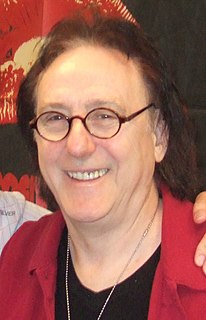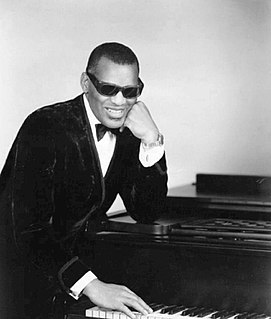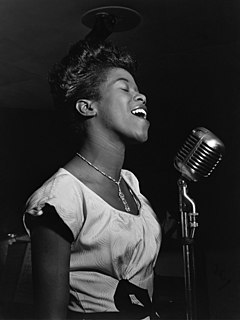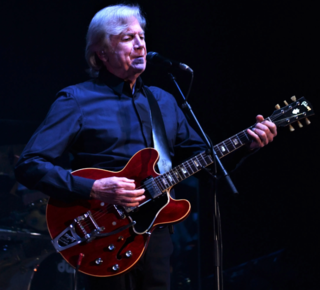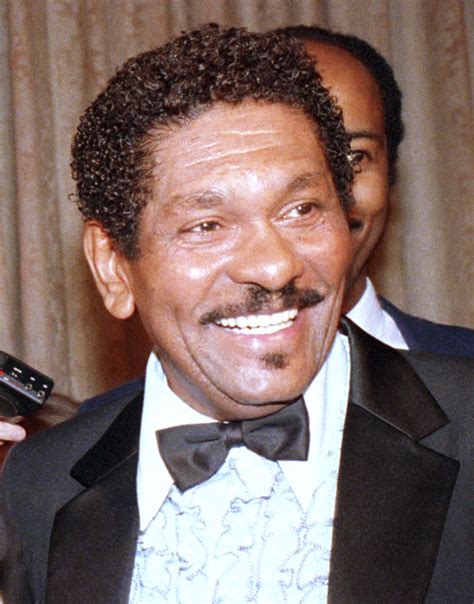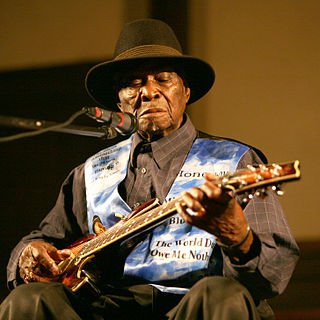A Quote by Denny Laine
Everyone tried to be a singer other than just a player. We had four voices in The Moody Blues.
Related Quotes
I don't know why people call me a jazz singer, though I guess people associate me with jazz because I was raised in it, from way back. I'm not putting jazz down, but I'm not a jazz singer...I've recorded all kinds of music, but (to them) I'm either a jazz singer or a blues singer. I can't sing a blues – just a right-out blues – but I can put the blues in whatever I sing. I might sing 'Send In the Clowns' and I might stick a little bluesy part in it, or any song. What I want to do, music-wise, is all kinds of music that I like, and I like all kinds of music.
The early years when I was starting, blues player, you wasn't always welcome in a lot of the other places. People usually have preconceived ideas about blues music. They always feel that it's depressing and that it's just something that a guy sit out on a stool, grab a guitar, and just start singing or mumbling or whatever.
